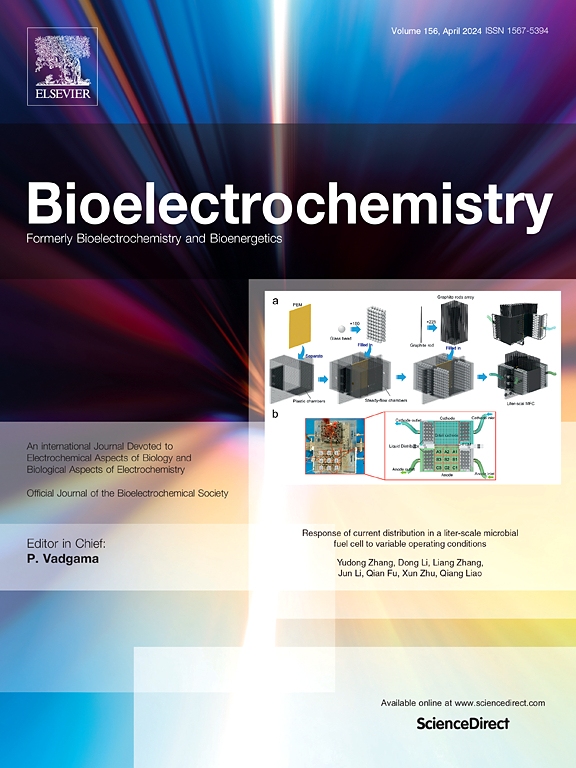Highly sensitive determination of doxorubicin hydrochloride antitumor agent via a carbon nanotube/gold nanoparticle based nanocomposite biosensor
Abstract
A glassy carbon electrode modified with multi-walled carbon nanotubes (MWCNTs) decorated with gold nanoparticles has been investigated for the first time as an ultrasensitive electrochemical sensor for the determination of doxorubicin hydrochloride (DOX), an efficient antitumor agent. The developed nanocomposite has been characterized by scanning electron microscopy (SEM), besides cyclic and linear sweep voltammetry electrochemical techniques. An efficient catalytic activity for the reduction of DOX has been demonstrated, leading to a significant increase in peak current density and a remarkable decrease in reduction over-potential. Under the optimal condition, a wide linear DOX concentration range from to M with a very low detection limit of 6.5?pM was achieved with the modified electrode. Meanwhile, the functionalized MWCNTs/gold nanoparticles indicated an appropriate selectivity, reproducibility, and repeatability as well as long-term stability. The promising outcomes of this research approved the applicability of the developed nanocomposite sensor towards trace amounts of DOX in pharmaceutical and clinical preparations.





